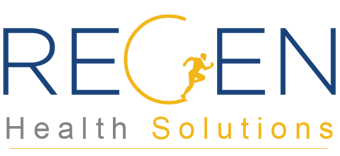This Position Statement was developed as an educational tool based on the opinion of the authors. It is not a product of a systematic review. Readers are encouraged to consider the information presented and reach their own conclusions.
The increasing shift to therapeutic biologic products for restoring structure and function presents new questions of safety and effectiveness. No longer reserved for treating trauma and soft tissue injuries, biologic therapies are now explored as options for osteoarthritis. As we note in the statement “Innovation and New Technologies in Orthopaedic Surgery,” surgeons must be aware of the scientific basis for the different treatment options offered to their patients, including the benefits and risks.
The varying regulatory pathways by which biologic therapies come to market require the additional burden for surgeons to become familiar with the Food and Drug Administration’s current thinking with respect to the source, retrieval and/or manufacturing methods, processing, storage, and use of these products, whether alone or as part of combination products.
The American Academy of Orthopaedic Surgeons (AAOS) believes that surgeons should be cognizant of the risks, benefits, regulatory status and labeled indications of the products they use. Unlike devices, the effects of these products may not be limited to the duration of their implantation. Autogenous products may be subject to regulatory review.
Emerging biologic therapies may lack the demonstrated safety and effectiveness profiles of many traditional orthopedic treatments. Patient education is needed for informed consent. The core concepts outlined in the statement “Orthopaedic Surgical Consent” provide guidance to surgeons as they prepare to discuss the risks and benefits of procedures and products with patients. Surgical consent is a key element of patient-surgeon communication and patient-centered care.
The AAOS Standards of Professionalism state
“An orthopedic surgeon, or his or her qualified designee, shall present pertinent medical facts and recommendations to, and obtain informed consent from the patient or the person responsible for the patient.”
The mandatory standard obligates surgeons to disclose any products that may be used during the episode of care and engage in frank discussion regarding the risks and benefits of biologics.
Orthopedic surgeons and their organizations/facilities should support and participate in orthopedic registries and other data collection systems. Through voluntary reporting of key patient and orthopedic treatment information to local, state and national repositories, both patient care and safety will be improved. Documentation and reporting are critical to establishing the body of evidence needed to demonstrate the safety and effectiveness of emerging biologics.
AAOS champions the interests of patients by improving treatment options through education and research and by fostering a culture of safety and evidence-based treatment.
Source: American Academy of Orthopaedic Surgeons | Policy Statement 1187

